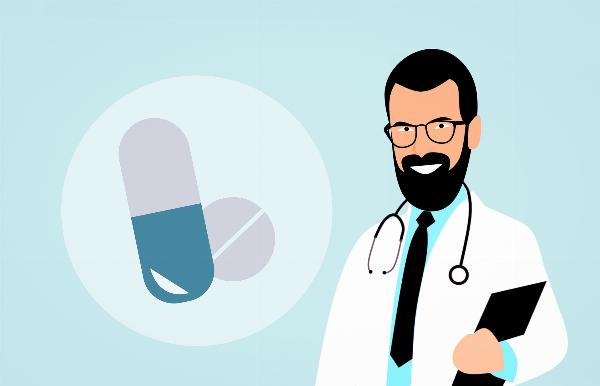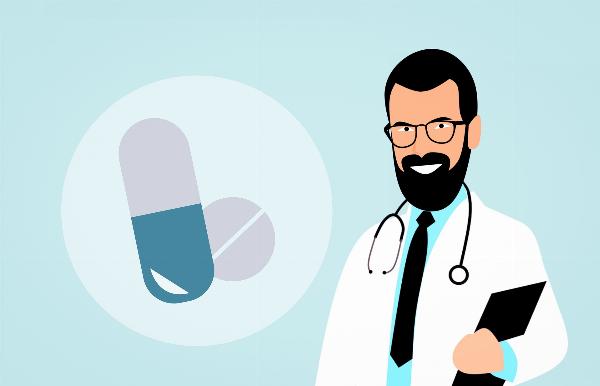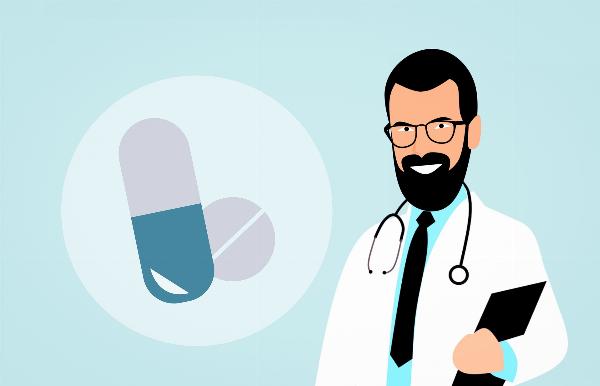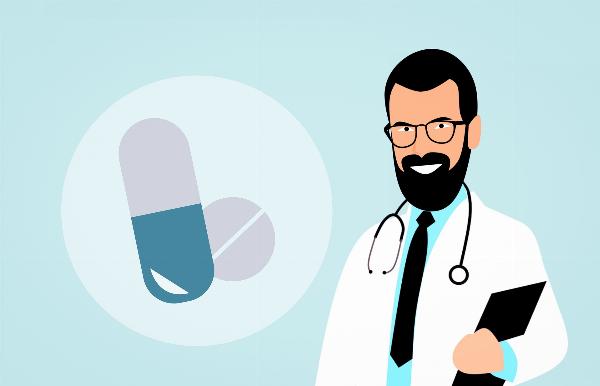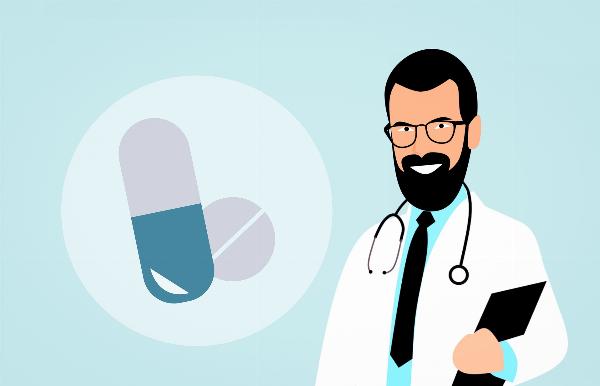New Jersey's Approach to Fighting the Opioid Crisis: Programs and Resources
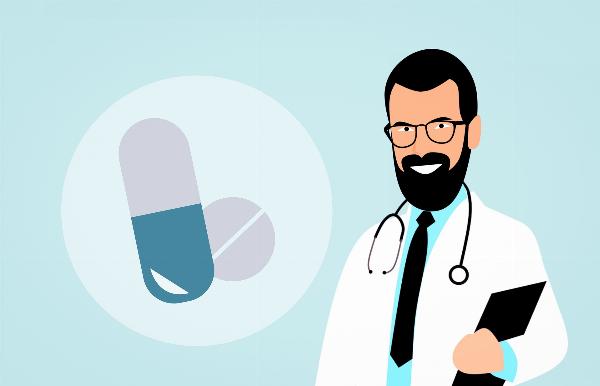
Strong 8k brings an ultra-HD IPTV experience to your living room and your pocket.
The opioid crisis has deeply impacted communities across the United States, and New Jersey is no exception. With the state grappling with high rates of opioid addiction and overdose, a multifaceted approach is essential to address this public health emergency. New Jersey has implemented a range of programs and resources designed to combat the crisis, support individuals in recovery, and prevent further substance misuse. Understanding these efforts provides insight into the state’s comprehensive strategy to tackle opioid addiction and its consequences.
NJ Psychotherapy: Finding the Right Support for Mental Health
In nj psychotherapy offers a vital resource for individuals seeking support and treatment for various mental health concerns. Whether dealing with anxiety, depression, trauma, or relationship issues, finding a qualified psychotherapist can make a significant difference in one’s journey toward healing.
Statewide Initiatives and Legislation
New Jersey has enacted several key pieces of legislation aimed at curbing opioid abuse. The state’s Comprehensive Drug Reform Act includes measures such as prescribing limits for opioids and mandatory use of the Prescription Monitoring Program (PMP). The PMP requires healthcare providers to check patients’ prescription histories before prescribing opioids, helping to identify potential misuse and prevent "doctor shopping"—a common practice among those seeking to obtain multiple prescriptions.
Another significant piece of legislation is the Overdose Prevention Act, which allows first responders and certain community members to administer naloxone, an opioid antagonist that can reverse the effects of an overdose. This lifesaving measure has been instrumental in reducing opioid overdose fatalities across the state.
Expanding Access to Treatment
One of the cornerstones of New Jersey’s strategy is improving access to addiction treatment. The state has expanded its network of treatment facilities and support services to ensure that individuals struggling with opioid addiction can find the help they need. This includes both inpatient and outpatient treatment options, which offer different levels of care based on the severity of the addiction.
The New Jersey Division of Mental Health and Addiction Services (DMHAS) plays a crucial role in coordinating and funding addiction treatment services. DMHAS supports various programs, including Medication-Assisted Treatment (MAT), which combines medications like buprenorphine and methadone with counseling and behavioral therapies. MAT is a proven approach for managing opioid addiction and has been widely adopted in New Jersey's treatment centers.
Harm Reduction Strategies
Harm reduction is another critical component of New Jersey’s response to the opioid crisis. This approach focuses on minimizing the negative health impacts of drug use rather than solely aiming for abstinence. Key harm reduction initiatives in New Jersey include needle exchange programs and supervised consumption sites.
Needle exchange programs provide clean syringes to individuals who inject drugs, reducing the spread of bloodborne diseases such as HIV and hepatitis C. These programs also offer access to other health services and resources, helping individuals transition to more comprehensive addiction treatment when they are ready.
Supervised consumption sites, though still a topic of debate, are being considered as a way to provide a safe environment for individuals to use drugs under medical supervision. These sites aim to prevent overdoses and connect users with treatment services.
Support for Families and Communities
Addressing the opioid crisis involves more than just treating individuals with addiction; it also means supporting families and communities affected by substance misuse. New Jersey offers various resources for families, including counseling services, support groups, and educational programs.
The state’s Family Support Program provides resources and guidance for families dealing with the impact of addiction. This program includes support groups where families can share their experiences and gain insights into coping strategies. Additionally, community-based organizations offer educational programs to raise awareness about addiction and its effects, helping to reduce stigma and encourage early intervention.
Prevention Efforts and Education
Preventing opioid addiction before it starts is a crucial aspect of New Jersey's strategy. The state has invested in prevention programs targeting schools, workplaces, and communities. Educational campaigns aim to inform individuals about the risks of opioid use, the signs of addiction, and the importance of seeking help early.
School-based prevention programs educate students about the dangers of drug use and provide them with coping skills to handle peer pressure and stress. These programs often involve collaboration with local law enforcement, healthcare providers, and community organizations to create a comprehensive approach to prevention.
Collaboration and Partnerships
Addressing the opioid crisis requires collaboration among various stakeholders, including government agencies, healthcare providers, law enforcement, and community organizations. New Jersey has fostered partnerships across these sectors to create a unified response to the crisis.
The Governor’s Council on Alcoholism and Drug Abuse (GCADA) is a key player in coordinating efforts across the state. GCADA works with various organizations to implement and evaluate addiction prevention and treatment programs, ensuring that resources are effectively utilized and that best practices are followed.
New Jersey Psychotherapy Counseling Center: Finding the Right Support
Finding the right support for mental health issues is crucial, and new jersey psychotherapy counseling center offers a range of options through its psychotherapy counseling centers. These centers provide professional help for individuals dealing with various psychological challenges, including anxiety, depression, trauma, and relationship issues. With a focus on creating a supportive and confidential environment, New Jersey’s psychotherapy counseling centers offer tailored approaches to meet individual needs.
Future Directions
While New Jersey has made significant strides in addressing the opioid crisis, there is still much work to be done. The state continues to explore innovative approaches to addiction treatment and prevention, including the expansion of telehealth services and the integration of mental health and substance use disorder treatment.
Ongoing research and data collection are crucial for adapting strategies to meet the evolving needs of individuals and communities. By staying informed and responsive, New Jersey aims to build on its successes and further enhance its efforts to combat the opioid crisis.
Conclusion
New Jersey’s approach to fighting the opioid crisis is comprehensive and multifaceted, involving legislative action, expanded treatment access, harm reduction strategies, and community support. The state’s commitment to addressing addiction from multiple angles reflects a deep understanding of the complexities of opioid misuse and a dedication to improving public health outcomes. Through continued innovation, collaboration, and support, New Jersey is working towards a future where opioid addiction no longer devastates lives and communities.
Note: IndiBlogHub features both user-submitted and editorial content. We do not verify third-party contributions. Read our Disclaimer and Privacy Policyfor details.



